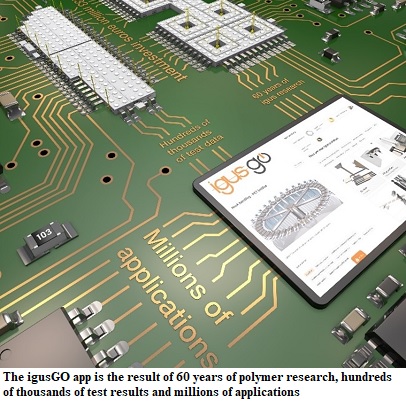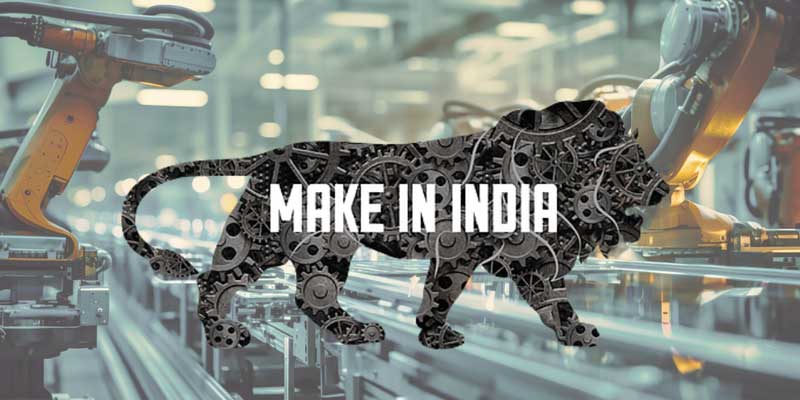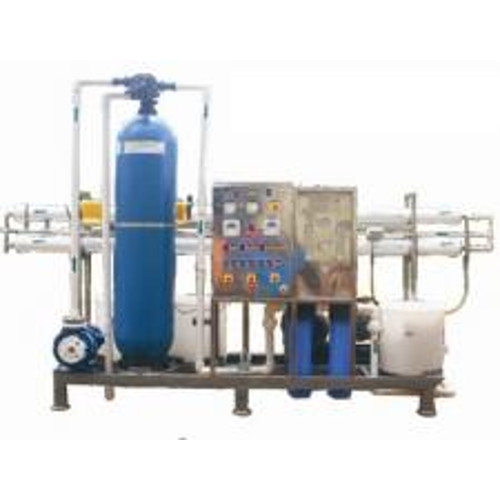Schedule a Call Back
How is digitalization improving pharmaceutical manufacturing?
 Articles
Articles- Nov 24,21

Related Stories

Igus to invest in 247 new motion plastics products in 2024
The German firm, which recorded Euro 1.136 billion turnover in 2023, increased its customer base by 6.7 per cent.
Read more
Electronic Automation offers smart solutions to our customers
In this interview, Shreedhar Kamat, Co-Founder & Chairman, Electronic Automation Pvt Ltd (EAPL), explains the emerging changes in the industry and how the company is gearing up to tap new opportunit..
Read more
India: An enticing prospect for global manufacturers
India's advantageous geographical location offers access to major markets in Asia, the Middle East, and Africa, which makes it a perfect manufacturing base for businesses aiming to effectively servi..
Read moreRelated Products

Industrial Desalination System
Shakunth Aqua Products offers a wide range of industrial desalination system. Read more

Industrial Castors & Wheels
H M Gulamali offers a wide range of castors and wheels manufactured by Blickle, Germany. Read more
Foxconn, Nvidia join forces for AI factories revolutionising tech production
Taiwanese technology giant Foxconn and leading US hardware company Nvidia revealed their partnership to establish "AI factories," advanced data processing centres geared toward driving the production Read more













